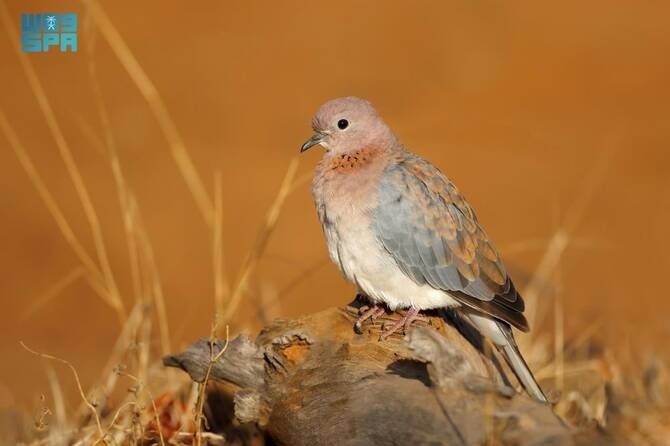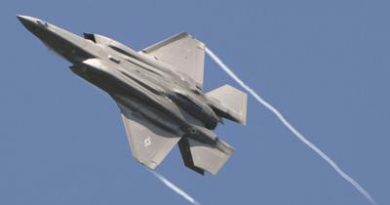Saudi Arabia Kicks Off Hunting Season Under Stricter Wildlife Rules
Riyadh – Saudi Arabia is reinforcing its leadership in environmental conservation as the National Center for Wildlife unveiled its updated regulations for the 2025-2026 hunting season, running from September 1 to January 31, 2026. The new framework emphasizes biodiversity protection, sustainable use of natural resources, and the preservation of ecological balance, reflecting the Kingdom’s commitment to global environmental standards.
According to the Saudi Press Agency, the regulations are informed by the latest research, international best practices, and lessons from previous hunting seasons, ensuring a modern, science-driven approach to wildlife management. Only species officially listed on the center’s website and the Fitri platform may be hunted, while endangered species remain fully protected.
Licensed hunters and falconers, registered with the Saudi Falcons Club, are required to obtain permits through the Fitri platform, reinforcing a structured, responsible approach to hunting. The rules also safeguard sensitive areas, prohibiting hunting in urban regions, residential neighborhoods, farms, military or industrial zones, and mega projects such as Neom, Qiddiya, and The Red Sea Project. Coastal regions are similarly protected, with hunting banned up to 20 kilometers inland.
Sustainable hunting methods are encouraged, with prohibited practices including shotguns, nets, electronic lures, and any techniques that capture multiple birds at once. Violators face legal action enforced by the Ministry of Interior’s Special Forces for Environmental Security in close coordination with the National Center for Wildlife.
Mohammed Qurban, CEO of the center, highlighted the progress of Saudi Arabia’s regulated hunting program: “Since its introduction in 2021, the Kingdom has continuously refined its hunting system, promoting sustainability and raising awareness among hunters. This demonstrates a growing national commitment to protecting natural resources and supporting ecological balance.”
Saudi Arabia’s efforts have gained international recognition. The center was recently awarded the Migratory Species Champion Award, highlighting the Kingdom’s leadership in combating illegal hunting and trade of migratory species across Southwest Asia.
“These achievements underscore Saudi Arabia’s pivotal role in global conservation efforts,” Qurban added. “By regulating hunting and encouraging responsible practices, we are protecting wildlife while enabling sustainable enjoyment of traditional activities.”
The initiative forms part of the Kingdom’s broader environmental vision under Vision 2030 and the Saudi Green Initiative, which aim to combine economic growth with ecological stewardship. Through these efforts, Saudi Arabia is not only preserving its natural heritage but also positioning itself as a global model for sustainable wildlife management and conservation.


